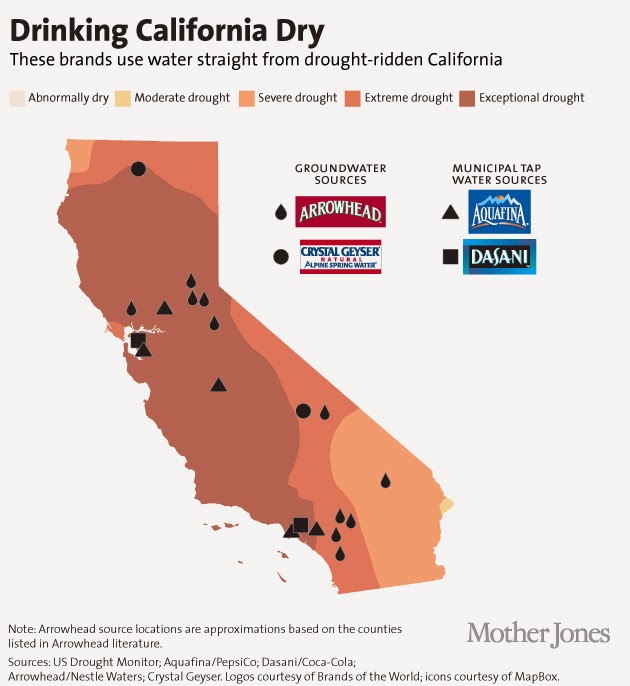So let's take a look at some of the health benefits of plant-based diet that might even convince you to adopt a vegan, vegetarian diet.
A HEALTHY HEART
 | |
| www.theheartfoundation.org |
Heart disease is a leading cause of
death in the U.S. primarily because of cholesterol and high blood pressure.
Plant-based foods are notoriously low on saturated fats that increase
cholesterol and sodium that raises the blood pressure. Vegetables can also
improve our blood vessels and reduces vessel irritation.
LOWER BLOOD
PRESSURE
Fruits and
vegetables make our arteries more flexible and relaxed. They help reduce
cholesterol levels that block the blood flow throughout our body, especially to
our heart, all resulting to lower blood pressure. On contrary, animal fats are
heavy on saturated fats that thicken our blood, resulting to high blood
pressure.
LOW CHOLESTEROL
Animal fats promote high cholesterol levels, plain and simple. The more we take in animal meat, the more we have cholesterol floating around in our blood. Cholesterol is one of the main causes of heart diseases that block the blood flow to our heart. When we reduce or refrain from consuming animal meat, we significantly reduce our risk for having high cholesterol levels. Not only this, plant-based foods have antioxidant and anti-inflammatory properties that keep our blood vessels healthy, smooth and relaxed.
Animal fats promote high cholesterol levels, plain and simple. The more we take in animal meat, the more we have cholesterol floating around in our blood. Cholesterol is one of the main causes of heart diseases that block the blood flow to our heart. When we reduce or refrain from consuming animal meat, we significantly reduce our risk for having high cholesterol levels. Not only this, plant-based foods have antioxidant and anti-inflammatory properties that keep our blood vessels healthy, smooth and relaxed.
DIABETES MANAGEMENT
Plant-based foods don't have
saturated fats found in animal meat. They're low in caloric content and lack
processed sugar that are big contributors to high blood sugar levels in our
blood.
 | |
| www.iq.intel.com |
Fruits and
vegetables are generally low in calories that help promote weight loss and
prevent obesity.
 | |
| www.oldeverythingessential.me |
STROKE
PREVENTION
Stroke works
just like heart attack, except it affects our brain. We suffer from stroke when
there’s blockage in the blood flow to the brain or when one of our arteries ruptures
that impede blood supply to our brain. High blood pressure causes artery
rupture, so the positive effect of plant-based food in lowering our blood
pressure is a big prevention from stroke.
As mentioned earlier, animal fats
that we get from meat consumption thicken our blood vessels, cause inflammation
and irritation, and increase our cholesterol levels that can all block the
normal blood flow to our brain.
ACTIVE BRAIN
Plant-based foods improve blood
vessels function and reduce inflammation, which helps reduce our risk for
developing Alzheimer's disease. Studies show strong correlation between diet
high in beta carotene, vegetables, and Vitamin C and E and low incidence of Alzheimer's.
IMPROVED LUNG
FUNCTION
Fruits and vegetables
are rich in antioxidants and anti-inflammatory properties that help reduce
inflammation in the airways that usually occur in common lung problems, such as
asthma and COPD.
HEALTHIER
BONES
 |
| www.drjockers.com |
There’s an old
saying that milk brings calcium, which improves our overall bone health. While
calcium is needed for our bone growth and strength, dairy products like milk
are not always the best solution. Cow milk can actually increase our risk for
osteoporosis. Dairy products have high acidity that gets our body to remove
calcium and other minerals from our bones as it tries to taper the acidity.
Plant-based foods that are rich in calcium and other minerals, such as green
leafy vegetables, seafood, legumes and fruits, offer a more alkaline level that
works better for our bones. Plant-based foods also reduce inflammation in bone
joints that are helpful in managing arthritis.
STRONGER IMMUNE
SYSTEM
Plant-based
diet offer antioxidant and anti-inflammatory benefits that help boost our
immune system. Not to mention that the animal meat we consume come from factory
farms that inject antibiotics in animals for their growth and health in
stressful, filthy and miserable factory farm conditions. By consuming meat, we
also directly take in these antibiotics that greatly cause us to be more
antibiotic resistant in the midst of infection.
CONSTIPATION
RELIEF
Animal meat and
products don’t have fiber, but fruits and vegetables do! Fruits and vegetables
are naturally high in fiber that is good for healthy digestion and thus
relieving constipation.
CANCER
PREVENTION
Cancer is
becoming more prevalent now than ever. It’s a tough and complicated health
problem to beat. The good news is, adopting a plant-based diet can help prevent
and eradicate cancer! Cancer cells thrive in meat, dairy, eggs, oils and
processed sugars, which we get from animal meat consumption.

 |
| Photo credit: King's College London |
Eggs are very
high in animal protein that is acidic that can promote cancer cell division and
multiplication.
On the bright
side, plant-based foods and fruits are heavily loaded with fiber and phytochemicals that promote normal cells. Fruits and veggies are also rich in
antioxidants that help regulate free radicals that lead to cancer cells.
LAST BUT NOT
THE LEAST...
Plant-based
diet makes us feel good. It allows us to be more compassionate, connected with
your food and our nature. We’re more in touched with who we are and the value
of everything around us – our personal health, animals, and the environment –
which makes us happier individuals.
Source
"A better attitude leads to better actions and a better world..."













